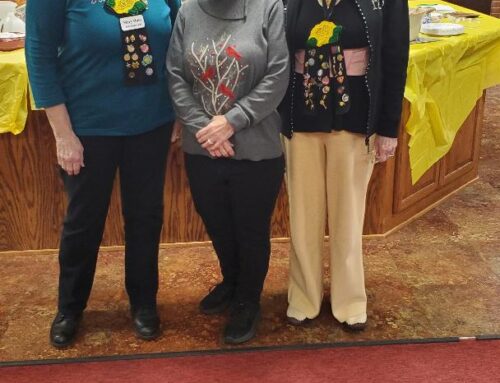We began in a relationship, that between the egg and the sperm, to one between fetus and mother to one between newborn and caregiver and then one between child and the world. Each relationship, including the one between fetus and mother especially during the 3rd trimester, has an emotional and physiological impact upon each participant (Marx, 2015 PMID 26053388). We are born socially connected and by nature we are social creatures. Our relationships with others play a significant role in our mental, physical, and spiritual well-being. In our relationships we can feel valued and loved, find a sense of belonging and purpose, and experience support in difficult and challenging times.
Unfortunately, many people feel disconnected from others and feel lonely and isolated. Loneliness is a risk factor for physical and mental health issues. Certain populations such as those with physical and mental disabilities, who identify as LGTBQ+, immigrates, and a large percentage of the elderly population are more at risk to experience loneliness and its consequences.
Last Saturday, while eating at a local restaurant, with my nine-year-old grandson and thirteen–year–old granddaughter, I overheard a discussion over the importance of friendships. Their conversation included adebate over the value difference between the number of friendships versus the quality of friendships. My granddaughter stated the difference is like, “Do you want one hundred pennies or four quarters?” In fact, the quality of the relationships, especially those who are close may be more predictive of the effect upon mental well-being than the number of relationships.
Unhealthy relationships can have a negative impact upon mental health. Some of the characteristics of unhealthy relationships include manipulation, belittling, emotional deregulation, destructive anger, blaming, possessiveness, and a lack of personal responsibility. Characteristics in healthy relationships include honesty, respect, trust, communication that does not attack the individual’s character, and shared decision making.
Healthy relationships have a positive impact upon our emotional and even our physical well-being while unhealthy relationships can be detrimental both physically and emotionally. The size and diversity along with the quality of our social network have impacts upon our physical and mental health and well-being. Individuals within positive relationships have lower levels of anxiety and depression while those within unhealthy relationships have a higher level of mental distress. Individuals who are more engaged in their social network tend to be happier, more satisfied with life, more physically active and healthy, mentally healthier than individuals who are less involved with their social network.
There are numerous ways to expand and enhance our social network. Nurture existing relationships by giving them time and attention. Consider developing deeper high-quality relationships with those already within your social network. This may require scheduling time within a busy schedule to intentionally create opportunities to be fully present with the people close to you. Thoughtfully address any negative thoughts or feelings that may come up in the relationship instead of suppressing them. Express appreciation and gratitude for the person and the relationship. Parents can consider taking time to have one-on-one discussions with their children. Look for signs of emotional distress within your children such as withdrawal and isolation, irritability, increased emotional dysregulation, and/or changes in their eating and sleeping habits.
Ways to expand social networks include looking for ways to connect with others. This could include finding groups of people who share similar values, causes and interests. It could include doing shared activities with others like golf, pickle ball, tennis, hiking and walking, kayaking, or going to the gym. Although technology can distract us from engaging with others in a way it also opens doors for us to connect with a wider range of people. There are numerous and various online support and special interest groups. Expanding and deepening our social connectedness can be fun and exciting in addition to all the extra benefits that come with it.






